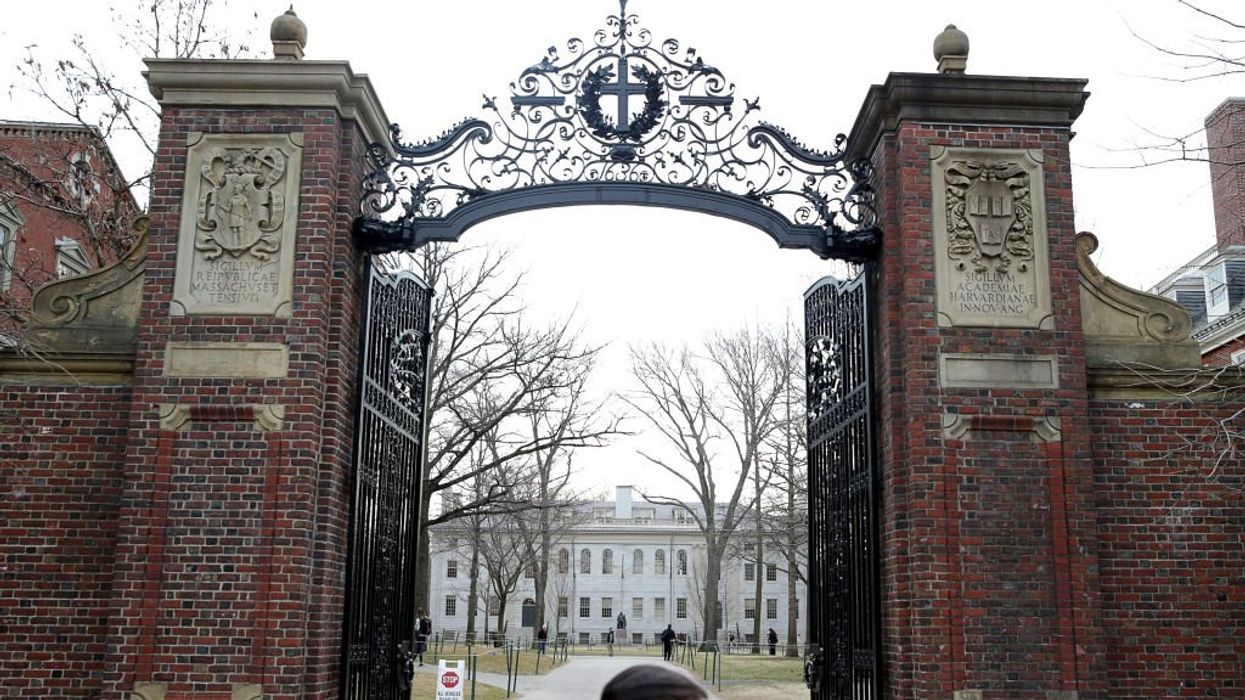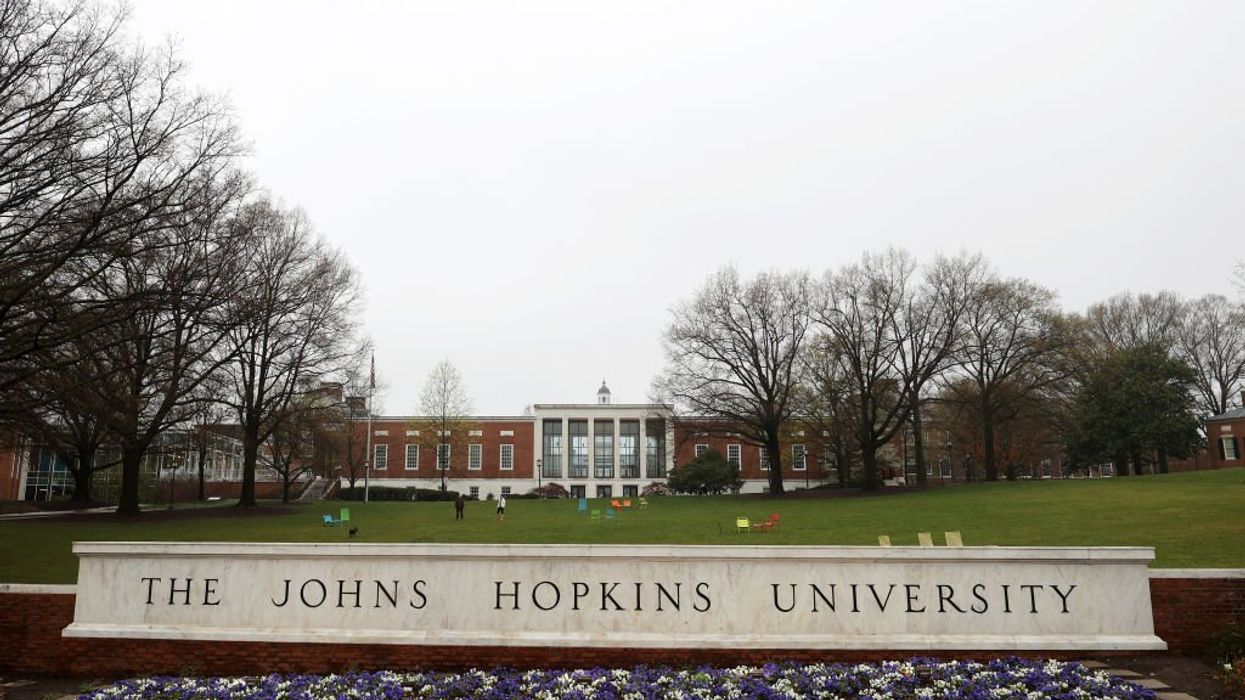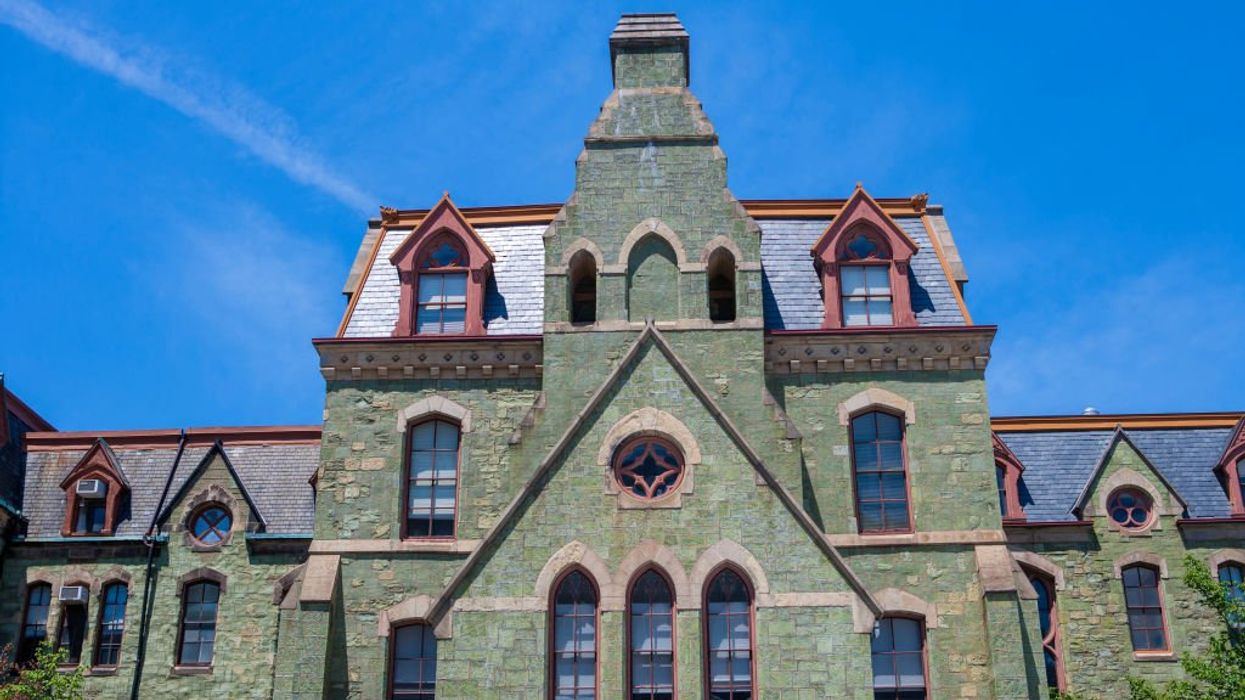On Thursday’s radio program, Glenn poignantly reflected on the September 11, 2001 terrorist attacks and asked listeners to think back on where they were 13 years ago. September 12, 2001 is a remarkable day in American history because of the way Americans turned a tragic darkness into a hopeful light. On this September 12, Glenn asked his audience to once again think back to 13 years ago, but this time he also asked people to consider what has changed or been gained since then.
Below is an edited transcript of the monologue:
Today is a very important day for this broadcast and for many of our listeners. Today is 9/12. This is the day that we modeled the 9/12 Project after. Yesterday, we spent the whole day talking about the things that we learned from 9/11 and the things that we feel we have lost. Today is the day that we now would like to look at the things that we have gained.
What happened on 9/11 – and in particular for me, 9/12 – that made us better people? You know, the bad stuff happens to everyone. Every country goes through bad stuff. And here's what I've really been concentrating on lately. We're not Europe. We're not like any other nation. And people have always said that about America. People come from overseas and they say, ‘You guys are so different here. You're so open.’ People come from all over the world and they will always walk away saying, ‘There's something different about Americans. They're so trusting.’ That's because we haven't had the world wars here. That's because we haven't had our own people turn against each other and round them up. Well, I'm sorry. Except for Woodrow Wilson and F.D.R. But, generally speaking, our neighbors don't tell on one another. We're not snitches on each other. We don't spy on each other. That's what made what George W. Bush wanted to do and Barack Obama also wanted to do so wrong. That's not who we are.
I was not a huge fan of the Tea Party's original messaging and mission because the original message and mission was taxes, oppression. And I understand that. But if you remember, what everybody was saying at the time was, ‘What have you lost.’ We were projecting. We knew what was coming. It wasn't hard to read the tealeaves, but most Americans still will say, ‘Oh, what have you really lost?’ We've lost a lot. But the rest of the world has already gone through this. Europe has gone through this over and over and over and over again. We never have. It's why we're so blind to it. But we also choose our responses to things.
I think of Dietrich Bonheoffer an awful lot. I've gone the full circle with Dietrich Bonheoffer. At first, I saw his story and I was inspired by it. Dietrich Bonheoffer is a pastor that lived in Germany in World War II. He was a pacifist, and he stood up for peace. At first, he impressed me. Then I thought: Really, he didn't win. And then I realized, no, actually, he did. I really studied the last part of his life, when he was in prison – in particular, the last few minutes of his life when he got down on his knees in the woods as they're getting ready to hang him. They were hanging people one after another after another.
Imagine, he was on the road to escape. They were freeing him. It was 15 days before Hitler was dead, and they were freeing him. But the car broke down. Here are these prisoners on the side of the road with guards, with really no guns and no place to go. And a concentration camp truck comes by and they're like, ‘Hey, we're taking these prisoners and our truck broke down.’ They're like, ‘You know what? We got a camp up here. We'll just put them in the camp.’ So they weren't released. They were put into another camp.
He shared that cell with a guy who had done all of the medical experiments on the Jews because, in the end, Hitler wanted him dead, too. He was with that that guy and a prostitute – a double agent who was a prostitute. I can't imagine what that Nazi doctor and that prostitute were doing in the cell. Apparently, it was extraordinarily vial. And then sitting in that same cell was Dietrich Bonheoffer. He preached to them. He just spoke of love and peace and kindness. I'm sure they didn't really listen to him very much. They were busy with other things. But he never changed. And when it came his time to be executed, they came for him in the morning, and they took him out into the woods. That's when where they had the hanging platform. And he got down on his knees and he prayed. He wasn't afraid. He was praising. He was giving joy. He was thanking God. He got up on to the scaffolding. They put the noose around his neck, and he thanked the hangman. The guy who pulled the lever said, ‘I'll never forget him. There was something different about him.’
It was the same thing with Viktor Frankl. Viktor Frankl was a guy who was in concentration camps. All I ever pray for is just let me accept Your will. I don't care what it is – if I'm rich, if I'm poor, if I'm free, if I'm in prison, whatever. Just let me know that everything is okay. Everything is gonna be great. I'm exactly where I'm supposed to be. Nelson Mandela could have gone into prison, and he could have been more and more bitter every day. But he didn't do that. He chose to change his life. In some ways, he belonged in prison at the beginning. He was a bad guy. His wife, Winnie Mandela, was not a good individual. He could have ripped those people apart when he got out. He could have used anger to get what he wanted. Instead, he chose love.
We all have bad things that happen to us. Something that my father taught me at the bakery was when he lied to me and told me he had bread to make as I was whining to him on the phone. ‘Oh, my life is so tough.’ ‘Yeah, I know. I know it is. Why don't you make a list and call me back tonight. We'll talk about it.’ I didn't realize he was being sarcastic. I didn’t know the life my father had gone through.
My father taught me, make that list. I called him back a couple of minutes later after I looked at that list, and the top of the list was my mom's suicide. ‘Oh, my mom killed herself and it changed my whole life.’ Wait a minute, hang on just a second. Yes, she did. But if my folks wouldn't have gotten a divorce, I wouldn't have moved down with my mother. I wouldn't have started in radio. Then my mom committed suicide, which meant I went back and I lived with my father for a while. And because I did that, I met all my good friends. I met Robert who is my brother. He changed my life. From there, I met other people. And I started working in Seattle. All of these things that I did, I probably would not have done had it not been for my mom’s suicide. So I could wallow, or I could say, ‘Wow, look at what came out of that.’
Life happens. Life sucks a lot. But we can't let it beat us down.
Pat and I have talked many times about, ‘Oh, man, 1970s, those days don't come back. They were simpler times.’ No, they didn't. They sucked. We went from Nixon and Watergate during Vietnam right into Jimmy Carter. We went from the oil crisis to the burning of the helicopters. Those days came right out of the '60s where we had Bill Ayers killing police officers. What are we doing? Those weren't good days. Those were not simpler times.
So what were we thinking? Here's why we look back on those days, whether they were in the '60s, the '70s, the '80s, the '90s, 2002. The reason why we look back at those as simpler days is because we were simpler. We weren't bogged down with the worries of the world. We still had hope that it could change.
Now, what's changed? Has the hope changed? No. We're in the same bad situation that we were in before. Granted, we're dealing with stuff we've never dealt with before. Got it. But why are we hopeless? We're hopeless for this reason: We choose to be. And we choose to be because we think we know.
When you're 20, you thing you’re never gonna die. You just think that you will always be able to go. Unless you are exercising the mind and, especially, the spirit, it ain't gonna work. At some point, it breaks down, and that's what's happening to our society. Our bodies are breaking down because we're eating, and we're not exercising, and we're living the life of Americans. It's not good. Our bodies are breaking down.
Our minds are breaking down because we're no longer challenging them. Political correctness makes it so you don't challenge anything. We should be challenging everything. Question with boldness, even the very existence of God, for if there be a God, He must sure rather have honest questioning over blindfolded fear. Question everything. Question with boldness. Hold to the truth, and speak without fear. And our spirit is atrophying because we are not exercising it. We get tired, and we lose that ability that we had at 20 to bounce back.
When I was 20, I may not have understood everything, but I understood this: It's all going to be fine. It's all going to work out. I'm going to make a difference. That's the thing that we all had. ‘I'm going to make a difference.’ Nobody was 20 years old and thought, ‘I just want to be a guy who's stuck in a cube in an office that nobody really likes.’ Nobody thinks that. That's not what you wanted.
Now, what is it that you wanted? And why? What is standing in your way that stops you? We changed overnight on 9/12. Overnight. That fast. All of a sudden, all of those barriers were gone. All of those beliefs were gone. Everything. We went right back to who we were, real human beings that loved each other. Real human beings that knew the only thing that mattered was our friendship, was our decency, was our humanity, our freedoms.
We don't need a tragedy to change us. But because a tragedy happens, we can choose to wallow in it, or we can – today on 9/12 – say: What have I gained? Who am I? Yesterday, we said to you on the air, ‘Who was I 13 years ago?’ I was a nobody 13 years ago. My job has changed a great deal. Okay. More importantly, I've changed. I've become a much more deeply spiritual person. I've learned so much about American history. I've learned so much. Look at what you've done in the last 13 years. Just do this again in the next 13 years and watch us shine.











